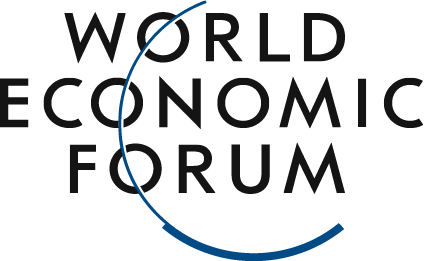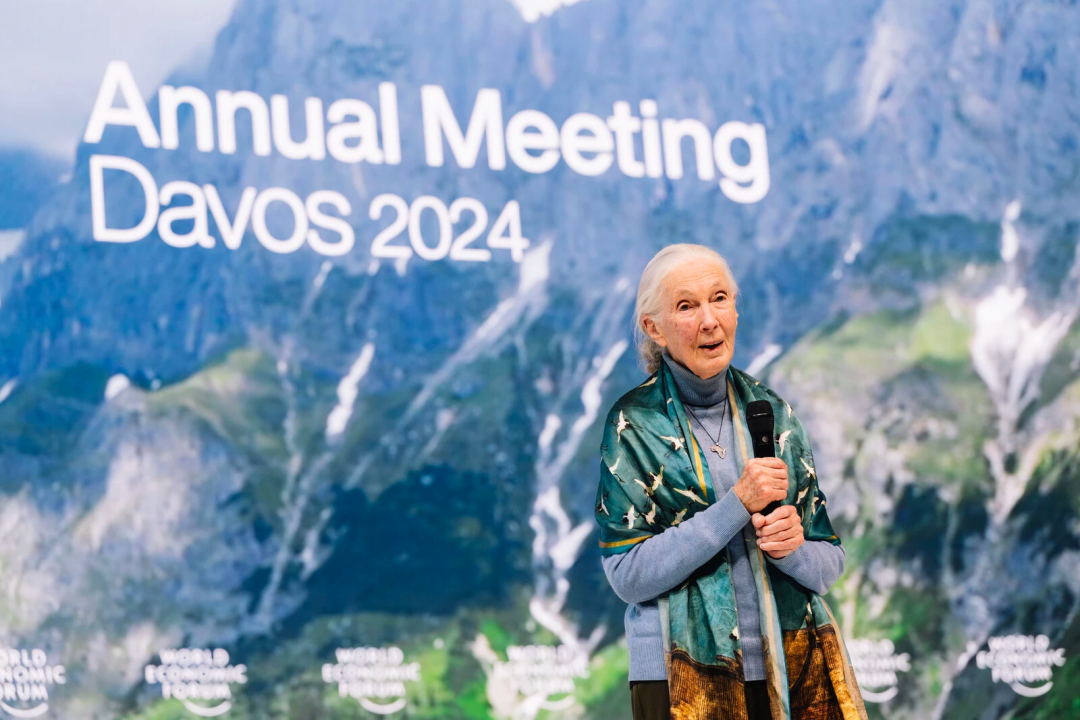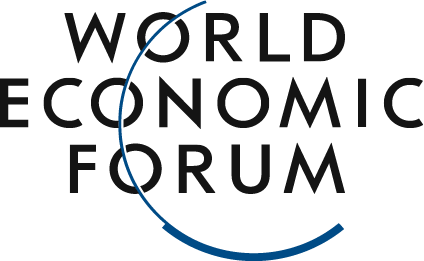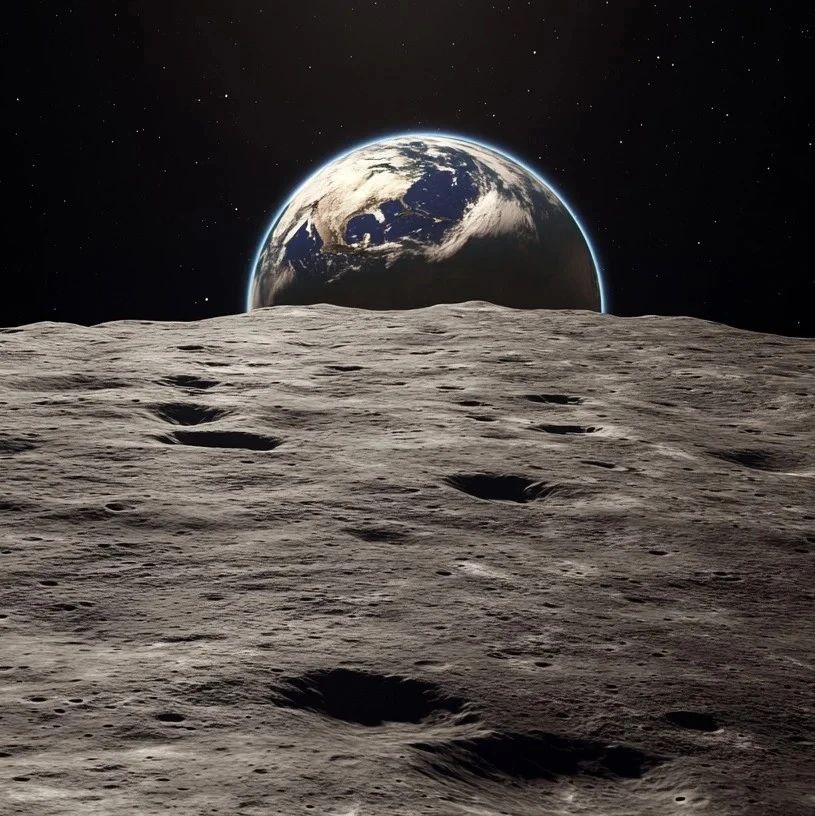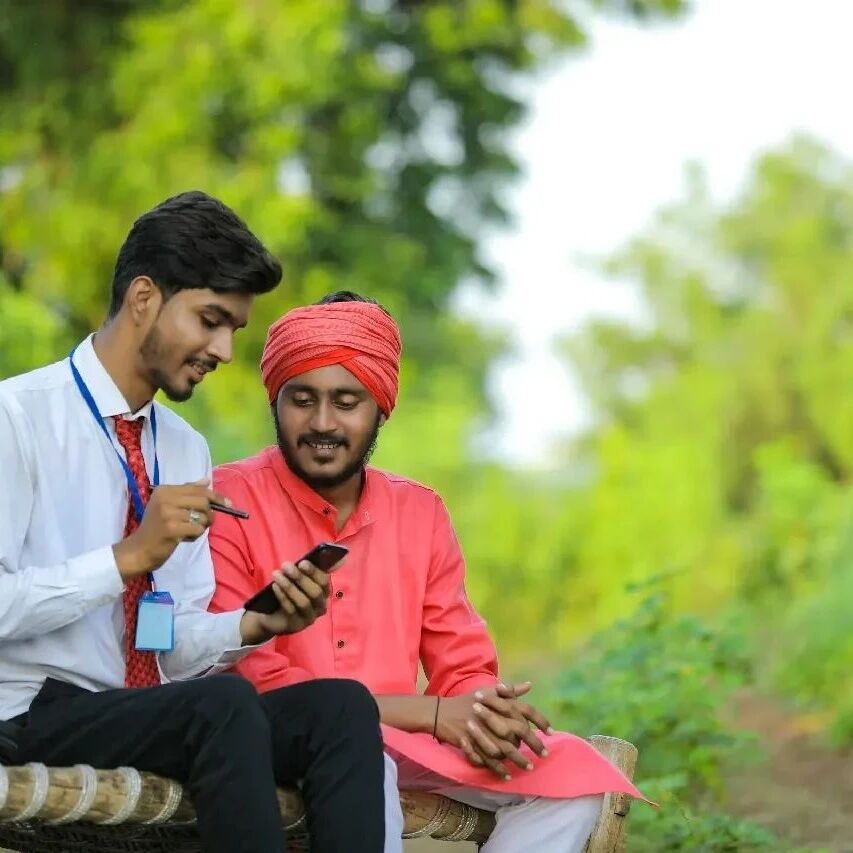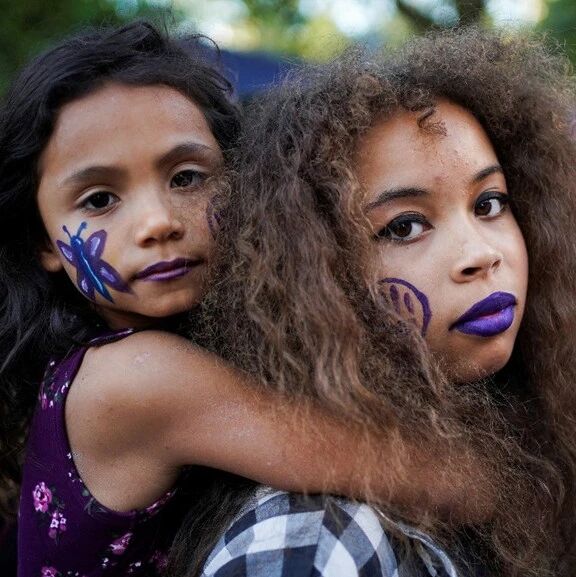The "Roots & Shoots" project empowers young people to make a difference—helping people, animals, and the planet through climate action.
Image source:World Economic Forum / Mattias N
Jane Goodall
Founder of the Jane Goodall Institute, United Nations Messenger of Peace
Nature brings well-being to humanity, yet humans are destroying it.
We not only need to change our behaviors, but also cultivate a new way of thinking. We must strengthen our ability to persuade, and storytelling is a powerful way to connect with people on an emotional level.
Youth are the key to humanity's survival. We must inspire young people with hope, empowering them to find collaborative ways to protect nature, animals, and their communities.
Throughout the year, I spend about 300 days traveling the world. I’ve witnessed young people everywhere who have lost all hope—hope that’s now on the rise globally. If every single young person were to lose hope, humanity would face extinction, because once people give up hope, they become indifferent, self-destructive, and ultimately achieve nothing.
To secure a brighter future, we must unite now, take decisive action, and work together to heal the damage we’ve inflicted on our planet. After all, if humanity doesn’t change its course, how much longer can Earth sustain life as we know it?Years of living in the rainforest have made me realize that all living beings are deeply interconnected. I’ve come to understand the behavioral patterns of chimpanzees, as well as the intricate dynamics of the forest ecosystem. In this breathtakingly complex system, every plant and animal plays its own vital role. All these creatures are linked together, weaving a stunning tapestry of life. Yet, as humans introduce cattle herds, drive development, and engage in rampant deforestation, entire species—both plants and animals—are disappearing from the ecosystem, one thread at a time. If more threads continue to be pulled out, the delicate fabric will unravel into fragments, ultimately leading to the collapse of the entire ecosystem.We must recognize that humans are inseparable from the natural world. Many people live in cities, unaware that everything we depend on—such as food, water, and clothing—ultimately comes from nature. Our survival relies on healthy ecosystems. Yet, humanity’s selfish, materialistic lifestyle is already harming these very ecosystems. It’s time for us to cultivate a new way of thinking.I spend a lot of time traveling the world, talking to diverse people—children, CEOs, government officials, and anyone willing to listen. I’ve discovered that arguing with someone won’t change them, nor will pointing out how their actions harm future generations. They simply won’t listen—and they don’t even want to.So, how can you truly change a person? You have to touch their heart. In my view, personal transformation must begin from within. That’s why, when speaking with influential decision-makers, I always strive to find ways that resonate deeply with their innermost feelings. And storytelling is the most powerful approach to do just that.I recently had the opportunity to speak with a group of CEOs in Singapore, including the head of a major multinational corporation. Over the past eight years, he’s been working tirelessly to make his company more sustainable and ethically responsible—in areas such as the countries where raw materials are sourced, its global offices, and even the way it treats its customers. He explained that he’s pursuing this approach for three key reasons.First, he realized that in many places, natural resources are being depleted faster than they can be replenished. Second, consumers are starting to become aware of ethical concerns and are actively voicing their worries, putting pressure on companies. They’re asking: Why is this product so cheap? Is it because wages are unfairly low in other countries? Could it involve some form of exploitative labor? Or perhaps the production process is harming the environment—or even being cruel to animals? Yet, companies still seem oblivious to the damage they’re inflicting on the planet.The third reason that truly touched him was when, one day, his 10-year-old daughter came home from school and asked, "Dad, they say you're hurting the Earth. But that's not true, is it? After all, it’s *my* Earth!" Those words struck a deep chord within him.The world’s political, social, and environmental situations are all in chaos. I’ve been asked repeatedly: “Don’t you think the horrific wars in Gaza and Ukraine have diverted attention away from climate change and biodiversity loss?” When I think of the children in Gaza undergoing amputation surgeries while awake—simply because they lack access to anesthesia—even the most compassionate among us can’t help but feel utterly despairing. And yet, what have we done for those facing famine? What more can we possibly do?I don’t know. War is terrifying, and the plight of Ukrainians caught in the midst of such hardship breaks all our hearts. But that doesn’t mean we can ignore climate change, since it directly affects the future of our children and grandchildren.Moving forward toward hope and actionI believe humanity stands at the entrance of a dark, long tunnel—yet at its far end, the glimmering stars of hope are already visible. But simply sitting at the tunnel’s mouth, praying for those stars to appear, won’t suffice. We must take decisive action to overcome every obstacle: from climate change and biodiversity loss, to the toxic effects of pesticides, insecticides, and herbicides that ravage our soils; from the pollution caused by synthetic fertilizers leaching into our oceans, to the persistent cycle of poverty. After all, poverty drives some people to harm the environment—pushing them to exploit resources like charcoal production or deforestation in their quest for more land to grow food, just to feed their growing families.The good news is that someone is already working to address each of the issues we’re facing.The bad news is that people often go it alone, focusing only on solving their own problems. For instance, imagine we’re a group advocating for the closure of coal mines to cut CO2 emissions. We shut down the mines—but fail to consider the bigger picture. As a result, some people might lose their jobs and plunge into deep poverty. Yet, if we had taken a holistic approach from the start, helping those who lost their jobs find new ways to earn a living, we could have achieved a win-win outcome for everyone involved.We need to unite and take immediate action. Many large-scale conferences are fantastic, offering people valuable opportunities for networking. They bring people together, sparking inspiration and fostering numerous benefits. Yet, as we all know, while there are plenty of ideas and commitments to cut emissions, far fewer are actually being fulfilled. What we need now isn’t just empty promises—what we require is concrete, real-world action.I have high hopes for today’s youth. Back in 1991, I encountered countless young people around the world who had lost hope, felt angry, frustrated, or even indifferent. They would say, "You’ve already sacrificed our future—there’s nothing we can do now." But I told them, "That’s not true."We still have a little time left—enough, if we work together, to drive real change. That’s why the Jane Goodall Institute launched the “Roots & Shoots” program.Each "Roots & Shoots" team selects three projects that benefit people, animals, and the environment—because humans, animals, and nature are deeply interconnected. What began as a group of just 12 Tanzanian high school students has now made an impact in 70 countries around the globe. These young leaders plant trees, collect plastic waste, and raise funds for their passion-driven initiatives. As I speak, they’re already transforming the world—one action at a time.Hope comes from nature, innovation, and the human spirit.We have plenty of reasons to hold onto hope. Young people are our primary source of hope.First comes the source, followed by nature's resilience. We’ve devastated entire ecosystems, but given nature a little time, it will heal itself—allowing endangered species to potentially thrive once again.Another reason is that our most significant distinction from other animals lies in the rapid development of our intelligence. True, other animals are far smarter and more perceptive than we once thought—but while we’ve designed rockets and even sent robots to Mars to capture images, our hopes of finding planets where known life could thrive have sadly faded.Fortunately, we are leveraging science to develop innovative solutions like carbon capture and renewable energy. This is a significant step forward. I hope more people will join the conversation about these technological solutions, helping us move toward a more harmonious relationship with nature.Nature protects itself through forests, oceans, kelp forests, and wetlands. These ecosystems serve as nature’s own solution to climate change—and they’re far more cost-effective than some technological fixes. This is the message I’ve been striving to convey in Davos: by safeguarding our forests and nurturing the natural world, Mother Nature will ultimately help us tackle the chaos we’re facing.My last reason for holding onto hope is the indomitable human spirit. Time and again, people who refuse to give up and persistently tackle challenges that seem impossible have gone on to achieve success. That’s why, when the "Roots & Shoots" team wraps up a meeting, we bring together members from different cities and countries. They stand up and declare: "When we work together with one unified purpose, we can succeed." In other words, by acting as a collective force, we can truly make a difference—and even save the world. And I always reply: "Yes, we can do it."We know what needs to be done. We’re familiar with a wide range of solutions to tackle and mitigate climate change—but do we have the willingness to act? Do governments have the resolve to take action? And are people ready to make even small compromises? If you believe we still have time, will you join me in saying, "Together, we can, we will, and we must save the world"?
The above content solely represents the author's personal views.This article is translated from the World Economic Forum's Agenda blog; the Chinese version is for reference purposes only.Feel free to share this on WeChat Moments; please leave a comment below the post if you’d like to republish.
Translated by: Di Chenjing | Edited by: Wang Can
The World Economic Forum is an independent and neutral platform dedicated to bringing together diverse perspectives to discuss critical global, regional, and industry-specific issues.
Follow us on Weibo, WeChat Video Accounts, Douyin, and Xiaohongshu!
"World Economic Forum"
